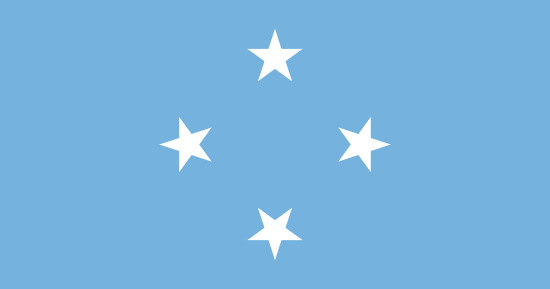
Health Insurance in Micronesia, Oceania
Information expatriation
Capital City: Palikir
Total area: 702 km2
Population: 111,000
Money: Currency Converter
Time Zone: List of time zones by country
Calling Code: +691 XXX
Practical Information:
Health Product: Travel Insurance and Health insurance
Health Insurance information and Sanitary Risk: World Health Map
BLOG: Expat Health insurance Information
Here is a brief description of the healthcare system in the country:
· Micronesia consists of over 600 small islands spanning across three territories (FSM, Palau, Marshall Islands) with varying systems.
· Healthcare is provided through a mix of government, private and NGO-run facilities ranging from clinics to hospitals. Quality of care differs between islands and territories.
· Public health services are supported through individual territory budgets as well as US federal funding under the Compact of Free Association agreements.
· Common health issues include communicable diseases, non-communicable diseases associated with changing diets/lifestyles, and injuries from environmental disasters.
· Shortage of medical professionals is a major challenge. Telehealth initiatives help address shortfalls.
· Private health insurance is limited. Government employee health plans provide some coverage.
· Preventive healthcare including vaccination programs target infectious outbreak risks.
· Overseas medical evacuations are crucial given limits to advance care available within the region.
· Many migrants from Micronesia access US facilities under Compact migration arrangements.
Here are some key health considerations for expatriates living in the country:
· Purchase comprehensive international medical insurance including medical evacuation by air/sea.
· Register with a local clinic and establish a care plan with an English speaking doctor if possible.
· Keep vaccinations up to date especially for hepatitis A/B, typhoid, rabies and ensure tetanus booster.
· Risks of mosquito-borne illnesses like dengue, malaria and Zika exist. Use nets, repellent regularly.
· Water safety - drink only commercially bottled, boiled or treated water. Avoid ice.
· Isolated lifestyle can impact mental health. Ensure means to access counseling if needed.
· Bring adequate personal supplies of prescription medications. Drug names may differ locally.
· Access to specialized/emergency care requires travel to larger islands or overseas.
· Consider medical needs of family members including pregnant dependents.
· Be prepared for tropical climate injuries and manage chronic conditions.
· Natural disasters are common - shelters may not meet international standards.
